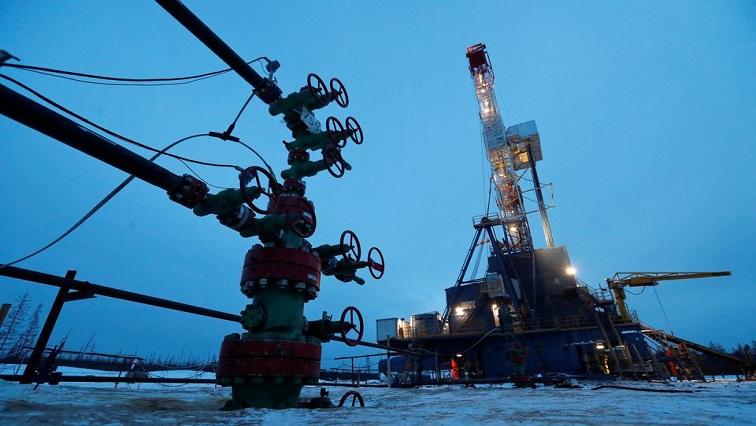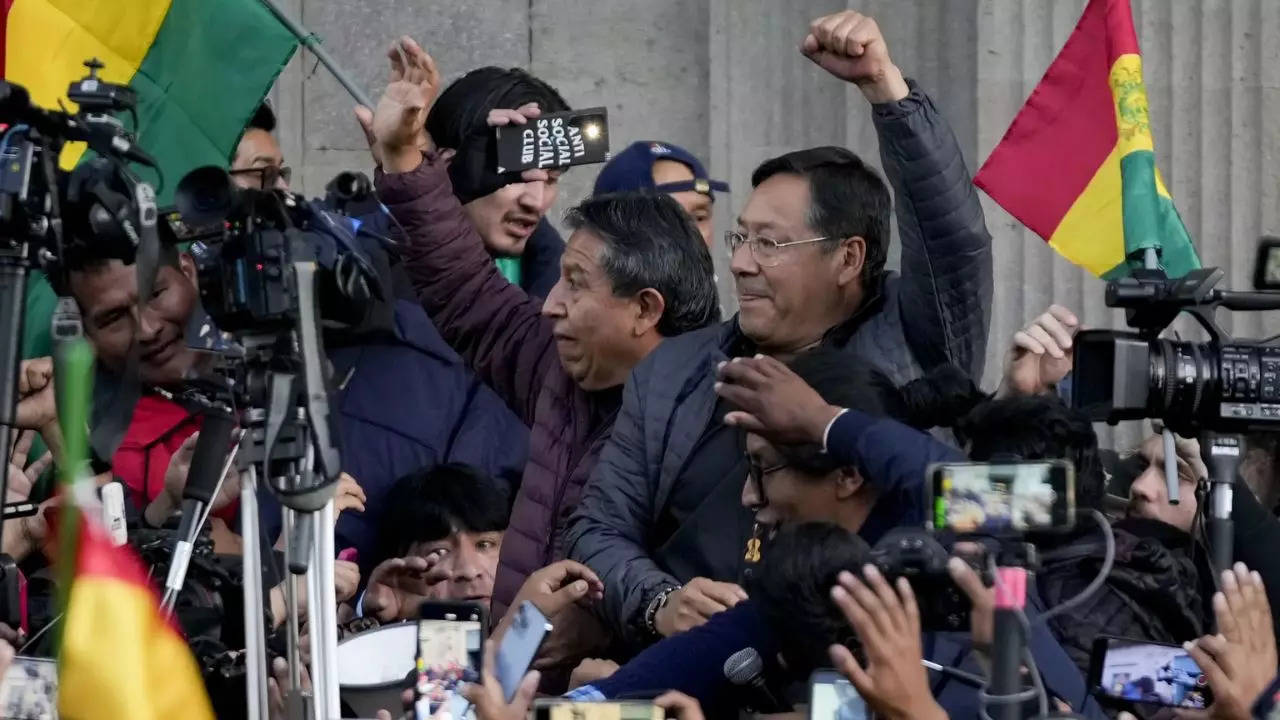The G7 countries are soon to announce price caps on Russian oil exports, and the coalition is likely to adjust the level several times a year rather than monthly, a senior US Treasury official said on Tuesday.
The G7, which includes the United States, along with the EU and Australia, are set to impose price caps on seaborne exports of Russian oil on December 5 as part of sanctions designed to punish Moscow for its invasion of Ukraine.
The aim of the unprecedented price cap mechanism is to cut Russia’s oil revenues to fund its war machine, while keeping its oil flowing to world markets to prevent price spikes.
Restrictions on the export of Russian oil products should begin on February 5.
A representative of the treasury told reporters that the European Union is consulting with its members about limiting prices. “We hope that they will finish these consultations relatively quickly and put us in a position where our entire coalition can announce a price,” the official said.
A source familiar with the discussions said a decision on the level of price cap could be made on Wednesday or Thursday after a meeting of EU ambassadors.
The G7 price cap will allow companies to provide services to coalition members, including insurance, shipping and financing of Russian oil imports, as long as purchases of that oil do not exceed the price cap.
On Tuesday, the Treasury Department issued guidelines outlining how U.S. companies can provide such services without penalty, as long as the supplies they serve are purchased below the price cap.
The cap is intended to provide a safety valve against the Western ban on the export of Russian oil.
Sources said this month that the coalition agreed to set a fixed price for Russian oil, rather than a floating rate based on the oil price index.
The coalition worried that a floating price pegged below the oil benchmark could allow Russian President Vladimir Putin to easily game the mechanism by cutting supplies from Russia, one of the world’s biggest oil exporters.
The official said Washington does not expect Russia to retaliate by halting oil exports, as Putin has warned.
Such a move may cause an increase in world oil prices, but risks harming Russian oil fields.
“We have no reason to expect them to do that because, ultimately, it’s not in their best interest,” the Finance Ministry spokesman said. As the EU and US imposed bans on Russian energy imports, major buyers, including China and India, bought Russian oil at discounted prices.
“Any action they take to raise prices will have an impact on their new customers, like India and China, who they (Russia) want to keep as oil customers going forward,” the US official said.
A US official said the coalition does not expect weekly or monthly adjustments to the price cap.
“Our goal is to review it on a regular basis, which from my perspective will look more like quarterly or even semi-annually, because what we want to do is give the market confidence.”







